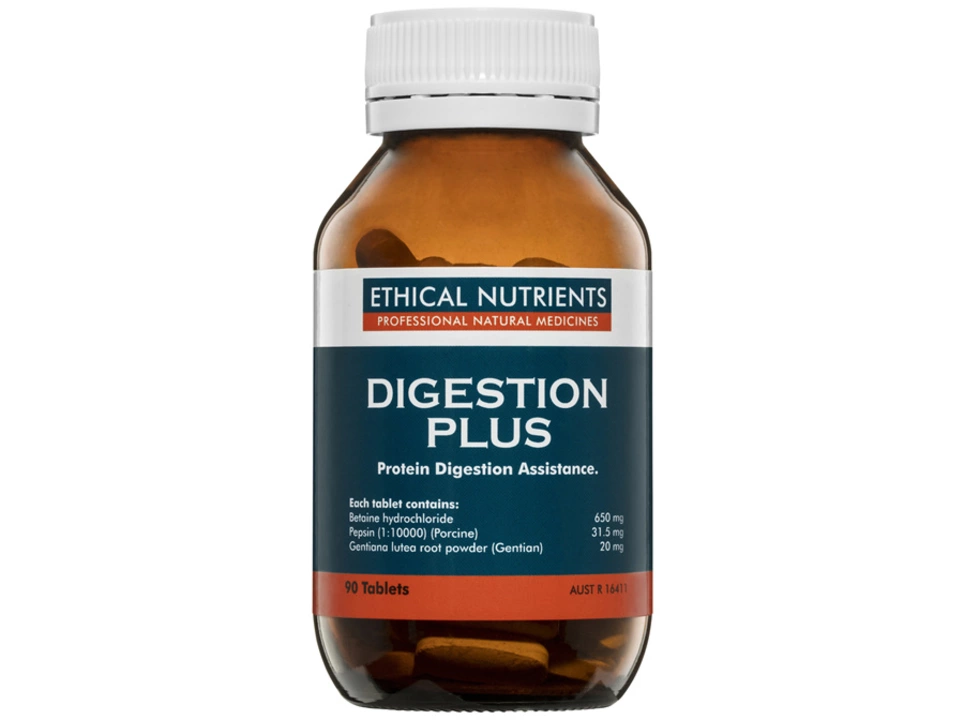Gut Health: Practical Steps You Can Use Today
Feeling bloated, tired, or unpredictable after meals? Your gut could be sending signals you shouldn’t ignore. Gut health affects digestion, mood, immune function, and energy. This page gives clear, usable tips—no fluff—so you can make small changes with big payoff.
Foods that Help (and a few to skip)
Start with real food. Eat fiber-rich plants: beans, lentils, oats, apples, and broccoli feed the good bacteria. Aim for a variety so different microbes thrive. Add fermented foods daily—plain yogurt with live cultures, kefir, sauerkraut, kimchi, or miso. These provide natural probiotics and can ease bloating for many people.
Include resistant starch a few times a week: cooled boiled potatoes, cooked-and-cooled rice, or green bananas. These act like fiber and boost short-chain fatty acids that calm inflammation. Also choose polyphenol-rich foods—berries, dark chocolate (70%+), green tea, and coffee—because they feed beneficial microbes.
Cut back on the usual gut troublemakers: high-sugar snacks, heavily processed foods, and frequent artificial sweeteners. They can feed harmful bacteria and upset balance. If dairy bothers you, try lactose-free options or fermented dairy like yogurt which is often easier to digest.
Simple daily habits that make a real difference
Hydrate. Water helps fiber move through your system and keeps stool soft. Aim for water with meals and between them, not just during workouts. Move often: a 20–30 minute brisk walk daily supports transit time and reduces bloating. Sleep matters too—poor sleep stresses your gut and shifts microbial balance.
Manage stress with practical tools: 5–10 minutes of breathing, a short walk, or a bedtime routine. Stress hormones change gut function fast, so small daily fixes lower flare-ups. When you eat, slow down. Chew well, avoid gulping drinks with every bite, and try to sit for meals rather than eat on the go.
About probiotics and tests: If you want to try a probiotic, pick products that list strains like Lactobacillus and Bifidobacterium and state CFU counts. Start low and track symptoms for 2–4 weeks. Over-the-counter probiotics help some people but aren’t a cure-all. Consider a stool test or GI consult if you have persistent pain, weight loss, blood in stool, or severe changes in bowel habits—those need medical evaluation.
Quick action plan: add one fermented food daily, eat two different fiber sources each day, walk 20 minutes, and cut one processed snack. Check symptoms after two weeks and adjust. Small habits stack—give your gut a little daily help and it often pays back with better digestion, mood, and energy.
I recently came across an incredible guide on improving gut health with the help of Betaine Hydrochloride. This comprehensive guide dives deep into the benefits of this supplement, explaining how it can revolutionize our gut health by breaking down proteins and increasing stomach acid levels. It also covers the proper dosage and potential side effects, ensuring we make an informed decision. I highly recommend checking out this guide if you're interested in better digestion and overall gut health. It might just be the game changer you've been looking for!
View Details

